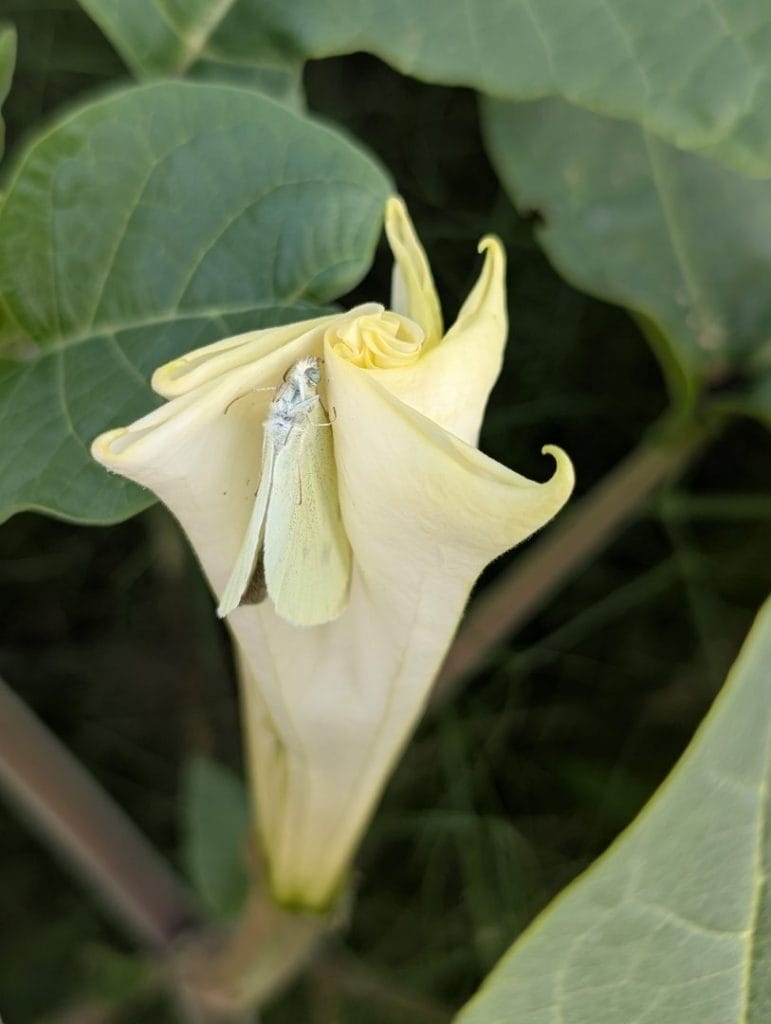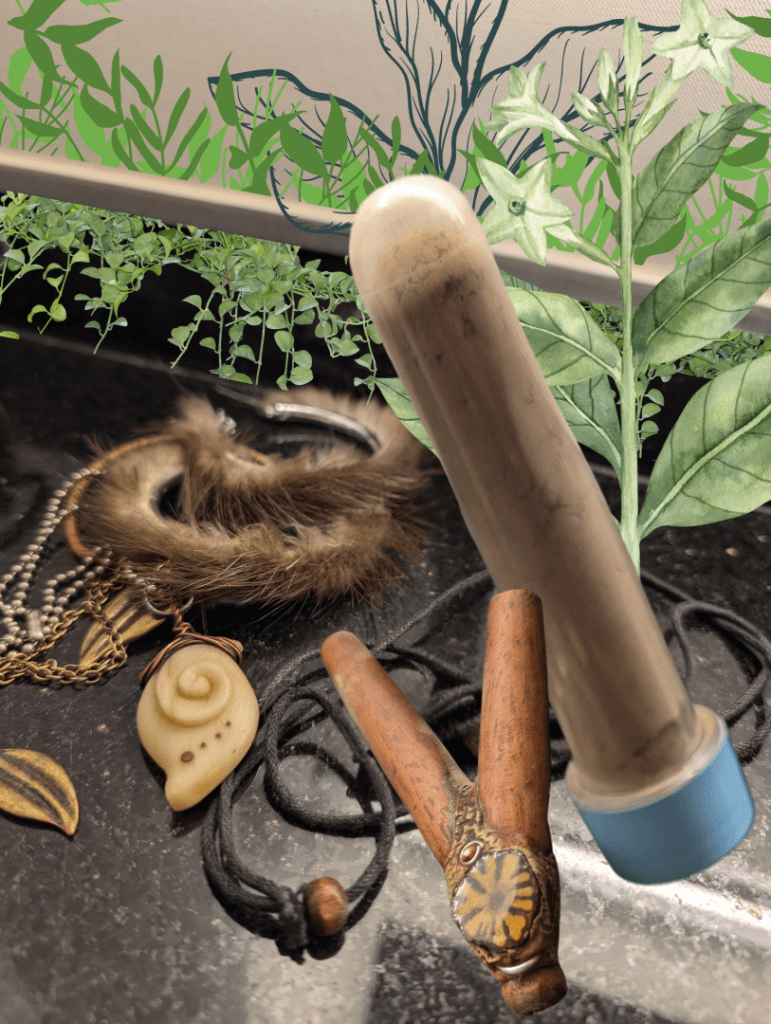From our right to seek pleasure to the pressures of escapism, we ground ourselves in the animal body of desire, for love and compassion are essential during these times of collective remembering.
All humans, regardless of cultural background, have basic needs. Physically we need shelter, clean food and water and the ability to rest. Emotionally and or spiritually we have a need around fulfillment or self-worth, we’re wired to have access to safety, and we need connection with others. Addiction, chemical addiction or behavioral addiction, mostly comes down to stress relief or pain management and coping strategies around personal, vicarious or inherited trauma(s). Often too, addiction is linked to a lacking around one or more of the foundational human needs listed above. Even more so, underlying causes to addiction can be linked to various influences and often a ‘domino’ effect of cause and events.
Our fast paced society does not make it easy to integrate grief, traumas or understanding of current global events. Our nervous systems may not be designed to be exposed to so much stimulus or information or to having access to the most current events worldwide at the touch of a screen in our pockets. Our decision making processes certainly were not designed for this level of exorbitant convenience and infinite choice of snacks and chachkies galore. In some societies, such as ours in the United States of America, we have broken so far from many of our traditions, without replacing how those traditions served us, that there is a cultural gap so thirsty to be filled. My experience is that this pertains more-so to those of us in more white cultures due to the dominant culture acting as a ‘crutch’ so to speak or a facade of culture. Monopolized capitalism is hardly a culture, it is simply an unchecked economic system of which many of our stressors can be traced back. There are trends in younger generations drastically widening generational gaps that, while there are of course natural tensions arising because of the pacing here, ought to inspire hope during these challenging times.
Despite recent media exposures and events, overall organized religion is decreasing in attractiveness to the masses¹ and the purpose of community connection that churches have traditionally served is still a need for us all. Alcohol based-socializing events are becoming less popular while both holistic healing modalities / retreats and ‘minority’ led spaces are filling in the gaps from traditions that are no longer serving the current times.
So, whether a person is having a challenging time integrating past events in their personal system, their internal nervous system for example, or, they’re challenged by keeping up with the ever-changing times, the causes of addiction are very personal. Because the intersectional influences from society, our need to belong, access, classist stressors, vary greatly depending on who we are as people and where we live in the world, how we view addiction may be context dependent. Please remember that use, abuse and dependency are all separate lenses of relationship that can but do not always overlap.

Addiction is defined medically as a chronic or lifelong condition that involves compulsive seeking and taking of a substance or engaging in an activity despite negative or harmful consequences. My tendency is to zoom out, to consider wider contexts or the ‘meta’ conversation. While I do not intend to detract from the acute suffering that addiction inflicts on our friends, family and communities, I personally have an issue with the lens that only focuses on the individual. Our hyper-individualistic culture influences the medical system of which it was born.
A note on empowerment and expanding beyond the medical model. Whatever lens supports an individual’s empowerment in that moment is the proper lens. I also apply this thinking to diagnosis when in a supporting role. If one knows they have choice in how they relate to a diagnosis, this could be at first overwhelming (hey! I’m coming to you, my counselor, to tell me what to do, not to tell me I don’t have a problem!) however the intention and long-term goal is empowerment. If identifying with a diagnosis such as substance use disorder (SUD) empowers an individual then, yes, identify away. The diagnosis can serve to objectify the issue, ‘this is something I have, not something I am and, it’s treatable’. Please note, only certain licensed professionals are in a position to give a diagnosis and diagnosis are mostly used currently for billing and insurance purposes. Incorrect diagnoses can occur and the system for diagnostics is ever-changing. For others, the diagnosis may deepen an identification with a ‘disorder’ making it more difficult to shift away from associated patterns. In this case, if you are in a supporting role, you may want to empower the person working through a new phase to consider that they have choice in how they want to identify with a diagnosis. For some others, how they relate to a diagnosis may feel neutral. There is no right or wrong and that curiosity to consider what is best for our own selves is the essential ingredient moving towards more personal empowerment.
Back to the ‘meta’ perspective. Do we not live in a society that has normalized hoarding material wealth at the expense of others? Are we not a part of a culture that seems to value the projected value of the dollar above actual lives? While I understand chemical addiction knows no race, gender, age, economic status, ect., if we’re being very honest, we know that additional stressors increase the likelihood of higher risk coping mechanisms. Also, low economic mobility decreases the options for support once a person has become addicted. Policy and politics influence how stressors impact individuals and different communities. For those who are environmentally sensitive, living in a time of rapid climate change may be dysregulating. For many, using substances may be one of the safest things they can rely on for nervous system regulation. For others, the stigma alone may be the worst part of the struggle. For most, isolation is often an ingredient.
One culture’s mad-man may be another’s shaman.
In Loving memory of Nicholas Zalvidar and Mercado Chase.
May we find peace in the activism of making the world a more accepting and loving place.
If you are in Crisis please reach out to a a friend, community member, or one of the contacts listed below, you are important and you are irreplaceable.
Santa Cruz County Mobile Crisis Response Team
1-800-952-2335
Crisis Text Line: Text Hello to 741741
For Psychedelic Crisis Call or Text the Psychedelic Peer Support Line @ 62-FIRESIDE > 623.473.7433 https://firesideproject.org
988 Suicide and Crisis Lifeline
Veterans Crisis Line: 988 then press 1 or Text838255
Trans Lifeline: (877) 565‑8860
Call Blackline: (800) 604-5841 (Prioritizes BIPOC)
The phone number for the San Francisco Mental Health Association’s Peer-Run Warm Line is 1 (855) 845-7415. Counselors are available Monday through Thursday from 7am to 11pm and Friday through Sunday from 7am to 7pm.
If you are currently experiencing domestic abuse please call 911 or the 24-hour National Domestic Violence Hotline at 1−800−799−SAFE(7233) or TTY 1−800−787−3224 or (206) 518-9361 (Video Phone Only for Deaf Callers). The Hotline provides service referrals to agencies in all 50 states, Puerto Rico, Guam and the U.S. Virgin Islands. Persons can also contact the Hotline through an email request from the Hotline website.

Reference: